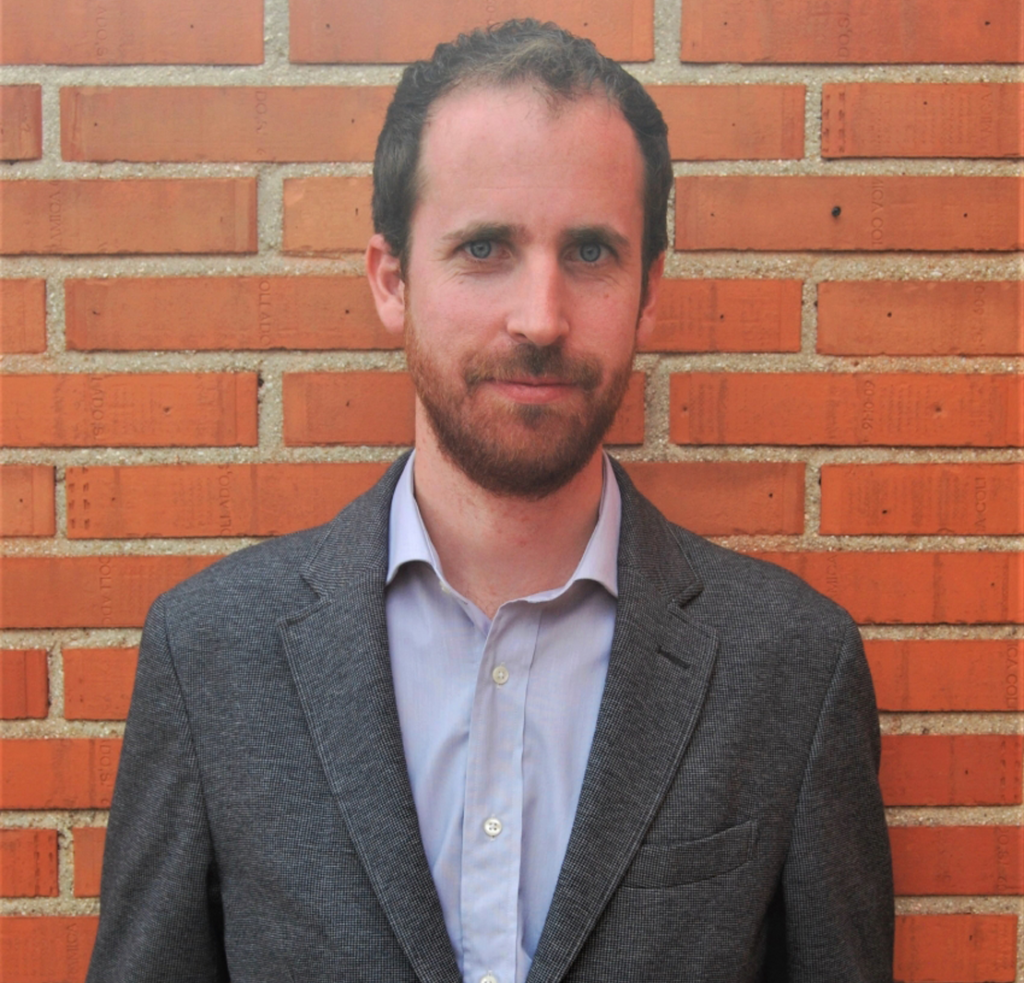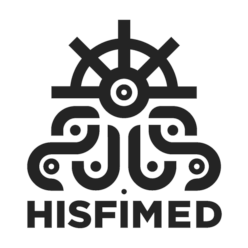Estudios sobre Europa,
el mundo mediterráneo
y su difusión atlántica
(HUM 680)
Benoît Maréchaux

Holder of a PhD in Economic History from the Universidad Carlos III de Madrid (2017), Benoît Maréchaux was a Max Weber fellow at the European University Institute in Florence in 2018-2019. He graduated in History from the Université Paris-IV Sorbonne, obtained a Master degree in European History from the École Pratique des Hautes Études in Paris, and completed his training at both the Università Ca’ Foscari in Venice and the Universidad Pablo de Olavide in Seville. He was a visiting scholar at the Università degli Studi in Genoa and at the École française de Rome. Between 2019 and 2021 he worked as a postdoctoral researcher in the ERC PerformArt project (CNRS-École française de Rome) and at the Università degli Studi of Padua. Since March 2021 he is Assistant Professor at the Complutense University of Madrid. Currently, he is also vice-secretary of the journal Cuadernos de Historia Moderna.
His research focuses on the economic history of the Mediterranean world throughout the 16th and 17th centuries, specifically on the business of war in the Hispanic and Italian worlds. In his doctoral thesis, he carried out his research on the Genoese asentistas who managed galleys on behalf of the Spanish Monarchy between 1528 and 1650. His research interests also include the history of finance and credit networks in Italy and in the Hispanic world, as well as in the history of forced labour in the Mediterranean.
In recent years, he has published some of the results of his research in several journals such as Hispania, Business History, Journal of Global Slavery and Dix-Septième Siècle. Since 2021, he is the co-PI of the HISFIMED research project “The Spanish Monarchy, the circulation of precious metals and financial globalisation in the Mediterranean (1568-1798)” [HISFIMED] funded by the Spanish Ministry of Science and Innovation.
Publications
“Purchasing Slaves Overseas for the Business of War: Genoese Galley Entrepreneurs and the Mediterranean Slave Market in the Early 17th Century”, Journal of Global Slavery 7, 3 (2022), pp. 282-316. DOI: 10.1163/2405836X-00703002
“Business organisation in the Mediterranean Sea: Genoese galley entrepreneurs in the service of the Spanish Empire (late sixteenth and early seventeenth centuries)”, Business History, 65 (1), 2023, pp. 56-87. DOI: 10.1080/00076791.2020.1798933
“Los asentistas de galeras genoveses y la articulación naval de un imperio policéntrico (siglos XVI-XVII)”, Hispania, LXXX, 264 (2020), pp. 47-77. DOI: 10.3989/hispania.2020.002.
Research projects and networks
HISFIMED “La Monarquía Hispánica, la circulación de los metales preciosos y la globalización financiera en el Mediterráneo (1568-1798)” [HISFIMED] funded by the Spanish Ministry of Science and Innovation. Co-PI since 2021.
Mobility and Humanities (Università degli Studi di Padova) funded by the Italian Ministry of Research. Member of the project since 2020.
Res Publica monárquica. La Monarquía Hispánica, una estructura imperial policéntrica de repúblicas urbanas (Universidad Pablo de Olavide). Research project funded by the Spanish Ministry of Science and Innovation. PI: Manuel Herrero Sánchez (Universidad Pablo de Olavide). Member of the project (2019-2022).
Promoting, patronising and practising the arts in Roman aristocratic families (1644-1740). The contribution of Roman family archives to the history of performing arts (PerformArt). ERC Consolidator Grant, École française de Rome y CNRS. IP: Anne-Madeleine Goulet (CNRS/CESR). Member of the project (2019-2021).
Red Columnaria (Hombres y espacios). Coordinators: Valentina Favarò and Alessandro Buono. Member since 2019..
Les élites italiennes et les monarchies européennes : circulations et réseaux de pouvoir (XVIe-XVIIIe siècles) funded by the École française de Rome and the Institut Universitaire de France. PI : Albane Cogné (Université François Rabelais de Tours). Member of the project (2017-2022).
El papel de las repúblicas europeas en la conformación del Estado moderno: siglos XVI-XVIII (Universidad Pablo de Olavide). Research project funded by the Spanish Ministry of Science and Innovation. PI: Manuel Herrero Sánchez (Universidad Pablo de Olavide). Member of the project (2011-2014).




